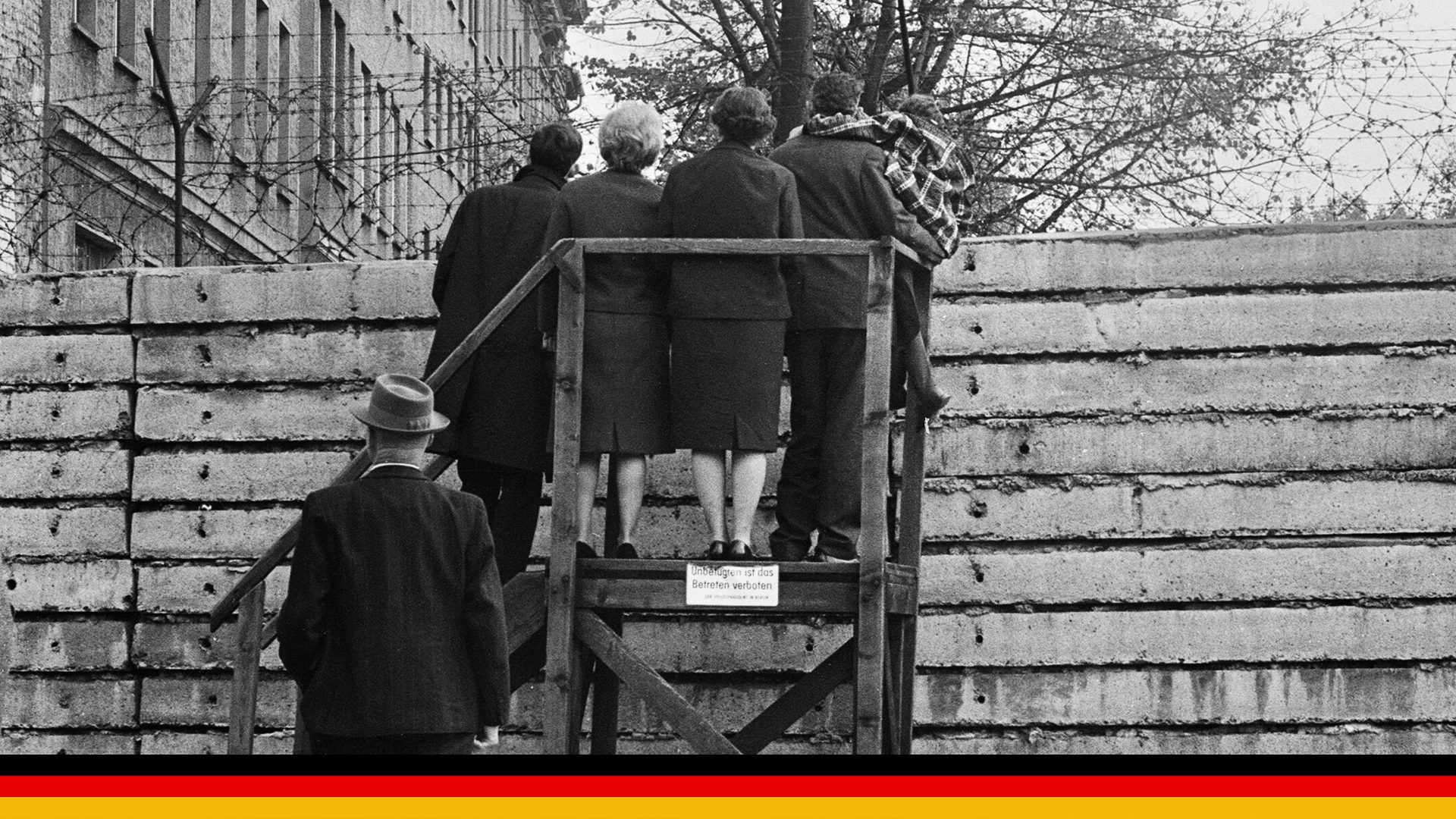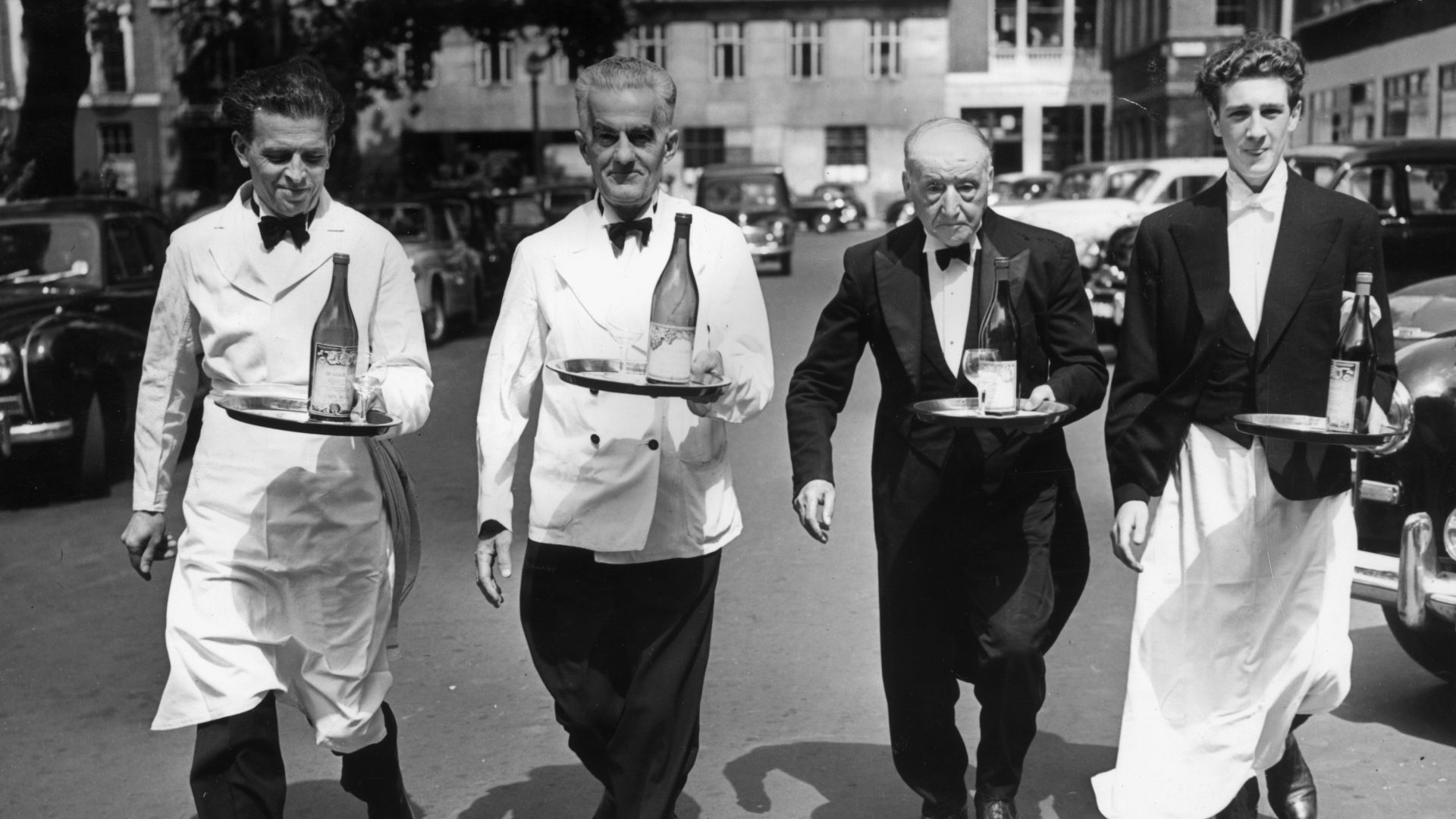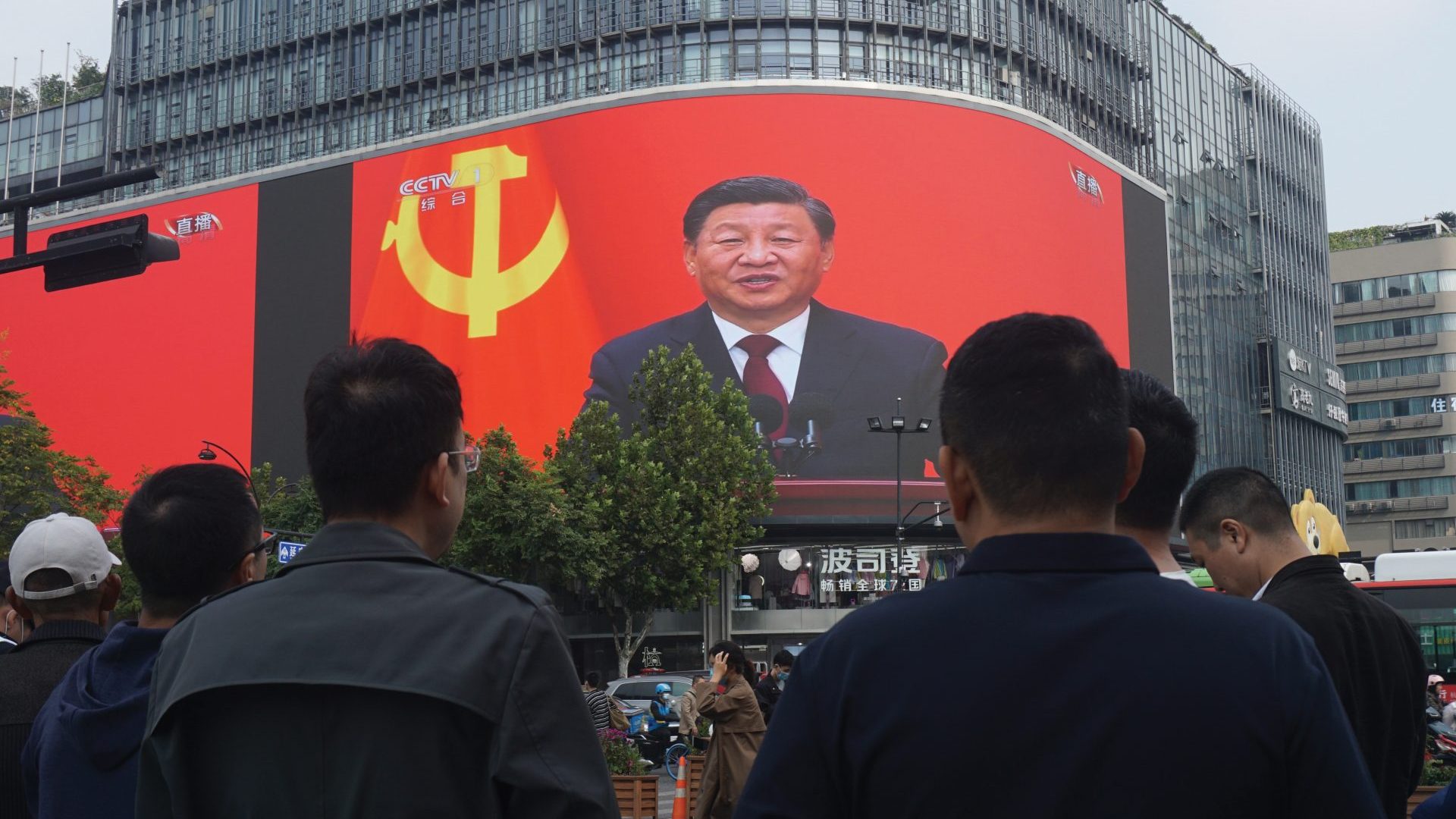It’s Remembrance season. You have November 11 and Remembrance Sunday, we have November 9 – a fateful date in our history.
On that day in 1918, the first German republic was proclaimed from a Reichstag balcony. Twenty years later, in 1938, an antisemitic mob organised by the Nazis set fire to synagogues and attacked shops and their Jewish owners. And in 1989, again on November 9, Politburo spokesperson Günter Schabowski gave a press conference in which he proclaimed the opening of the Wall’s border crossings “effective immediately, without delay” – the single most beautiful blab in German history.
Obviously, after two world wars, a genocide and two dictatorships, there is no shortage of commemoration in Germany. And yet there is.
Thirty-three years after the Wall came down, there still is no memorial for the victims of 40 years of repression in the old East Germany. While Albania, Bulgaria, Hungary and others have inaugurated monuments or memorials, we only got as far as a parliamentary resolution in 2015. Two governments later, there still isn’t a national site to remember victims of communist and Soviet tyranny.
This symbolic neglect comes with a literal one: approximately 400,000 citizens of the so-called German Democratic Republic were persecuted. Many of them bear physical and mental scars and are in dire straits economically. According to a study from Brandenburg, the state surrounding Berlin, nearly half of them have a monthly income below €1,000 (£875).
The parliamentary commissioner for their cause, former East German dissident Evelyn Zupke, calls this “deeply shameful.” Since 1992, a small victims’ pension (€330/£288) can be paid in cases of hardship; there also have been one-off payments. But while former GDR officials are mostly doing well, many victims are still waiting for their individual traumas to be recognised and compensated.
In the state of Sachsen-Anhalt, only one out of 100 applications to receive health damage compensation was approved between 2015 and 2020. Brandenburg had a 15% success-rate, Mecklenburg-Vorpommern 18%.
Victims’ organisations and commissioner Zupke criticise the current administration and judiciary for basing their decisions on prison or detention centre files from inhumane places such as Bautzen, Torgau, Hoheneck or Hohenschönhausen.
The Stasi did not detail the depth of their maltreatment, abuse and even torture. Still, these files are often ruled to be more credible than victims’ statements or expert opinions – adding trauma to trauma.
There are heart-wrenching stories about children, some as young as ten years old, who had to work for hours on the fields, in steel production or uranium extraction. Youngsters who criticised the regime, who tried to flee to West Germany, wore a punk-haircut, had “politically unreliable” parents or were petty juvenile delinquents, were sent to Jugendwerkhöfe, youth detention facilities to beat them into submission and subject them to abusive working conditions.
A total of 250,000 GDR prisoners – teenagers, women and men – were used as forced labourers for hard, often monotonous work. Some prisoners were forced to donate blood, which was then sold to the West.
If they were lucky, the East German government would eventually agree to sell them to West Germany for thousands of Deutschmarks, a cynical means of currency exchange.
By all accounts, Western society didn’t much care for the suffering of the newly liberated – so many of them kept silent, fearing that talk about imprisonment would raise suspicions.
So this isn’t just an East German issue. Even less so, because Western and East German companies alike benefited from forced labour.
Well into the 1980s, political and other prisoners worked for suppliers of Aldi, BASF, Bayer, C&A, Ikea, Otto, Quelle, Siemens, Woolworth and many more. Some of these companies knew, some didn’t know, and it is safe to assume they didn’t want to know why labour costs were so very low.
Ikea has taken the lead in making amends: in 2012 the Swedish company stated its “deep regret” for the use of political prisoners by some of its suppliers. It is now “in the wings” to pay into a million-euro-compensation-fund, says Zupke – provided that other companies contribute as well. They better hurry.
PS: The date for the memorial to victims of communism has now been set for June 17 2023. I will believe it when I see it.




